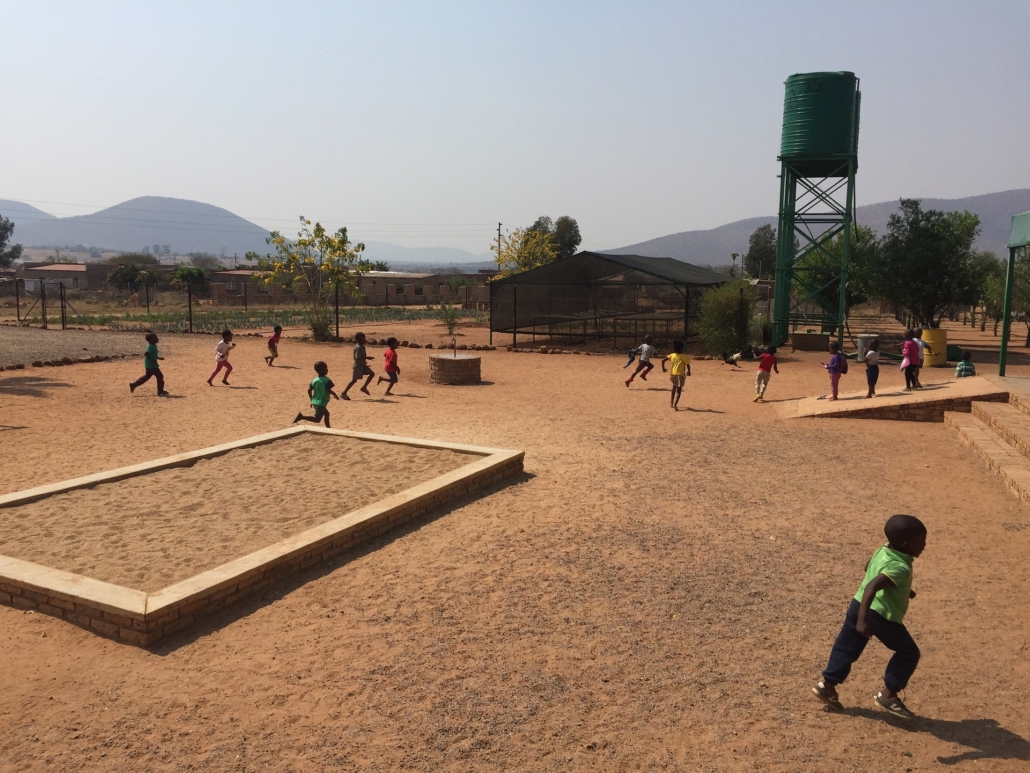SOS NPO Educates to End Hunger

While food and water insecurity remain issues in many parts of South Africa, one nonprofit is taking a new approach to transforming the situation for the better. The Save Our Schools Non-Profit Organization (SOS NPO) engages local school students in projects that teach everything from agricultural skills to the science behind rainwater harvesting. Its initiatives are not only helping eliminate resource scarcity but also ensuring that coming generations have the necessary skills to remain employed and end hunger and reduce the poverty rate in South Africa.
Poverty in the Western Cape
Cape Town is a world-renowned tourist destination that has earned love and admiration for its picturesque beaches. Yet, it is located in a province that is still home to a high number of residents living in poverty. As of 2019, an estimated 46% of residents in the Western Cape earned less than 1,227 Rand (about $70 USD) per month.
Although the province has the lowest expanded unemployment rate in South Africa at 31.3% as of August 2022, the low wages lead to rising levels of food insecurity. The most recent data from the Food Insecurity Experience Scale (FIES) found that more than 10 million South Africans experience moderate to severe food insecurity. In the Western Cape specifically, this number is expected to rise due to lowering dam levels.
The province gets its water supply via 44 dams, but low amounts of rainfall and an increasing population are keeping dam levels around 50%. Previous droughts led to restrictions on agricultural water use. Now, with less freshwater from the dams available to farmers, there are rising problems with food availability. Given this, SOS NPO considers the experiential education of the next generation as one of the effective ways of alleviating the issues.
SOS NPO
SOS NPO is dedicated to supporting impoverished schools in the Western Cape through initiatives that improve Water, Sanitation and Hygiene (WASH). The nonprofit often provides resources that include non-potable water and transportation services to schools. It has also helped in installing rainwater harvesting systems throughout the province. However, the primary focus of its projects is sustainable education, particularly in the Bloekombos community.
One such initiative is the SOS Farming Academy, a program that provides agricultural education to young people in a bid to create employment opportunities. Students of the program live on the SOS NPO farm for a year, gaining valuable skills that guarantee them job placements upon leaving the program.
The organization also hosts the SOS Youth Club which was founded in 2020 and centered around the 17 Sustainable Development Goals (SDGs). At each of the six schools in the Bloekombos area, students volunteer to be Goal Leaders for one of the SDGs. If elected, the Goal Leader is responsible for organizing a project related to their goal and getting other students involved. SOS NPO then provides resources and funding for each project.
Most recently, the nonprofit launched an initiative at Bloekombos High School that allows students to maintain vegetable gardens via rainwater harvesting.
How the Water in the Sky is Helping End Hunger
In March, SOS NPO recruited student volunteers to assist with the harvesting of a soccer-field-sized vegetable garden as part of its Water in the Sky initiative. The garden, planted near Bloekombos High School, uses a rainwater harvesting system installed earlier this year. In an interview with South African news outlet News24, SOS NPO spokesperson Amy Burrow announced that students who join the project “will be receiving agricultural training and education surrounding the maintenance of water-conscious vegetable gardens.”
With funding from brands like Nestlé, Puma and Hallmark, there is also the hope of expanding to other schools in the area. Additionally, the project could provide the community as a whole with a steady source of food and water.
The Mark of Progress
SOS NPO is doing work with the potential to end hunger and water insecurity situations in South Africa. It is also leaving a legacy that can transform the lives of the next generation of South Africans through its education and empowerment of young people.
– Rachel Smith
Photo: Pixabay
